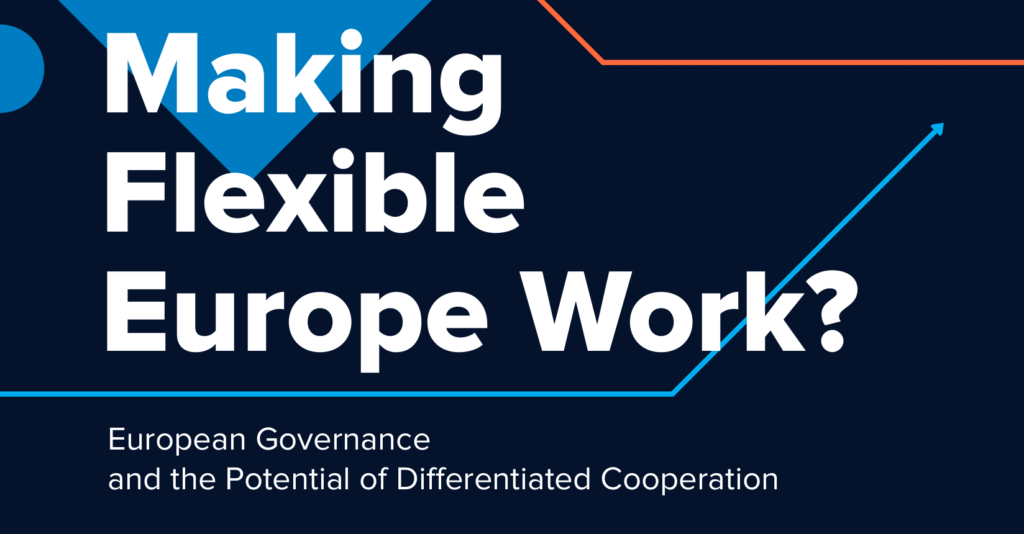Making Flexible Europe Work? European Governance and the Potential of Differentiated Cooperation

The concept of differentiated integration in the EU is not novel. Accommodating the different socio-economic and political interests of Member States in EU law and policy has been integral to European integration beginning with the foundation of the union itself. Since the ‘big bang’ enlargement of 2004,
the debate, however, has become especially animated, with the EU forced
to reconcile the varying levels of ambition present within an ever larger and less homogeneous EU. This situation has been further exacerbated by a post-Brexit EU that is now coming into shape.In light of the fact that there are no clear answers with regard to the effects of differentiated integration on the EU as a whole – i.e. whether it is creating fresh impetus for further deepening or steering the union towards a permanent core- periphery structure – this project was devised with the purpose of examining the future shape and trajectory of the EU. Our aim is to develop a constructive agenda that reflects the interests of Europe as a whole, with an emphasis, nevertheless, on Central and Eastern Europe (CEE), a region that is often overlooked in analyses.
The goal of the report is to determine whether, how much and where differentiation is necessary, sustainable and viable as well as how future approaches towards differentiation could fare in light of these findings. Further aims include presenting different potential scenarios that could transpire within core policy areas and delivering tailored recommendations for policy makers on how European cooperation could be pursued through differentiated integration.
You can read or download the full article using the PDF button on the right side of the page.




